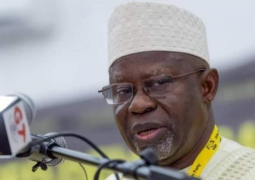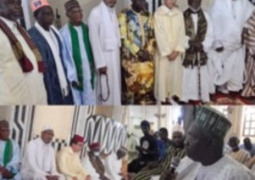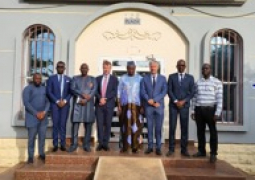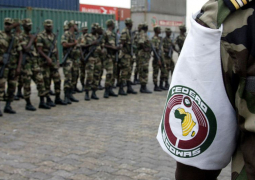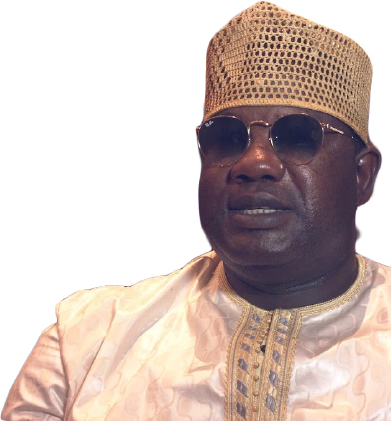
“I am surprised that the GACH Company is selling the white sand around Sanyang. I am directing the Geological Department to immediately stop him after this convergence. You write to him and stop him. You make sure that the white sand is not sold. That white sand is what is supposed to be used to replace the heavy metal composite which has been removed. So, if they sell it, how are they going to rehabilitate that place? We are going to make sure that things are monitored on a quarterly basis. It’s not going to be business as usual. I want to make that very clear,” Minister Abdoulie Jobe emphasised during a stakeholders’ meeting involving the mining companies, drivers, concerned communities among others.
“We also recognise that the MOU between the miners and the communities is not sustainable. Therefore, the new approach is going to change, and that’s the reason the Vice President directed that once we identify the new potential mining site, the government will now engage the communities directly and sensitise them and agree with them on how the land will be used and what will be their benefits,” he posited.
“The destruction caused by some mining companies is evidence for everybody to see. The mining company in Batokunku was issued a licence sometime in the early part of this year. However, within March to August, when our team went there, the amount of destruction in that place was enormous. We went there and showed the destruction caused by the mining companies.”
“In fact, the land where they were mining was forfeited to the state. However, they went and agreed with the community who doesn’t own the land legally. It was a land that was owned by the former President and which was forfeited to the state. They went and had an agreement with the communities on that particular land which is private land.”
“We recognise this problem and now it’s not going to be the mining company going and signing MOU with the communities. Therefore, government stakeholders will be involved in the entire process.”
Amadou Manneh, the site manager of GACH Company, admitted that they were selling the white sand. However, he was quick to add: “The Geological Department is aware of GACH Company selling the white sand. In fact, we were selling it to the Arezky Company which is currently constructing roads in the country,” he posited.
Momodou Sameiga Janneh of Sanyang village, said: “Right now, GACH is mining the black sand, but they are also selling the white sand that is meant for the rehabilitation of the soil. When you ask them, they would claim that it’s the Geological Department that gives them the licence to do so. Therefore, as far as tourism is concerned, the tourists are not going to use the beaches now. They will prefer to go to Senegal.”
Muhammed Sillah of Batakunku also added: “The Jinkong Company that was mining in the area was not following the MOU that the village and the company signed. In fact, that was the reason for the protest at the village. We will do everything possible to protect our environment, because people that are supposed to protect our environment are not doing so.”
“Jinkong Company robbed us and we will not allow that to happen again. There was a truck that we caught in the middle of the night doing illegal activities at the mining site. The truck was escorted to the police at Tujereng, but to our surprise, we saw the truck the following day. This issue must stop, because we are ready to protect our environment for our future children.”
Mustapha Kandeh of Batakunku village also accused Jinkong Company for disregarding the MOU that was signed between company and the communities with regard to the 10% that they were supposed to give to the village.
“The GACH Company is also selling the white sand of which they are supposed to use to construct the site when they are done with their mining activities. In fact, Jinkong was trying to operate in an area which was not part of the site identified for them according to their MOU,” he accused
Omar Touray, the president of the Gambia Transport Union, claimed that they have been receiving a series of complaints from their members regarding mining issues, saying: “There is lack of communication between government stakeholders. We don’t know who is responsible for constructing routes to mining sites. We also have a concern because we are paying duties to the Geological Department, and the Brikama Area Council is also asking for payment of loyalties.”


